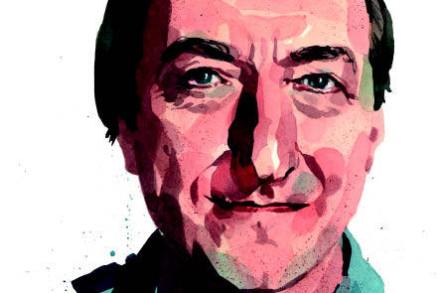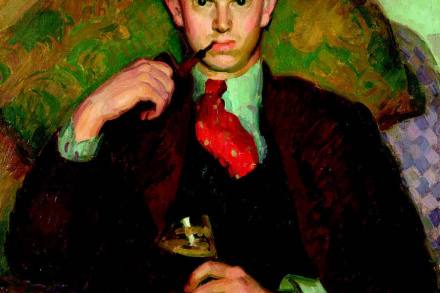The revised version
The narrator of Julian Barnes’s novella has failed disastrously to understand his first love. David Sexton admires this skilful story, but finds something missing Julian Barnes once said that the only time he had ever threatened to throw a guest out of his house was not because the churl had disparaged his food or insulted his wife but because he had disputed the greatness of Ford Madox Ford’s novel The Good Soldier. In the introduction to the Folio Society edition of the novel he wrote a couple of years ago, he called it ‘the most perfectly deployed example of the unreliable narrator’, and explained its method thus: ‘The storyteller isn’t














